By subscribing you are agreeing to our Privacy Policy
The ultimate guide to phonics to ensure your child loves reading

Phonics and developing the love for reading
Reading skills are the most critical early learning milestone your child should master to ensure they achieve their later academic potential. Learn what you can do as a parent to support their emerging literacy efforts and foster a life-long passion for reading. Practice these phonics activities at home and further stretch your child with courses from our professional phonics partners.
13 Reasons why parents should care about their child becoming an avid reader?
Literacy is often touted as the most critical learning goal a parent should focus on, and there are many reasons.
- When your child is a reader, they develop an appetite for knowledge. Reading contributes to your child's background knowledge of various subject areas, including science, history, geography, math, and social studies. The more your child learns, the more curious they will become about the world.
- Being a reader hones your child's ability to focus, which lays the foundation to be a success in life. Understanding mathematics, biology, history, engineering, mechanics, and political science, takes a lot of reading and discipline associated with concentration. Learning this skill early makes your child well-prepared for these challenges.
- Being a reader leads to a productive, enriched life in which your child can master complex information, pursue passions, and enjoy a vibrant career path. Reading opens your child's mind to the world and greatly enhances their life prospects.
- Reading is a pleasure and a habitual lifelong activity for a child who is a reader.
- A reader usually has empathy towards other people because good stories and literature is about the human condition, the thinking, and the emotions of being human. Good literature values humanity and celebrates the human spirit and potential. This also means a reader is more open-minded about other cultures.
- A reader learns spelling, vocabulary and grammar through reading rather than through rigid rules communicated in a classroom setting.

- Readers also naturally have better writing skills, a key skill necessary to perform well in exams and later careers.
- Reading improves cognitive development as the brain creates more neural connections to facilitate efficient and effective communication. This is evident in IQ test results which suggest that reading avidly can improve an IQ by several points.
- Reading enables your child to teach himself, and learning how to learn builds resiliency in life.
- Being a reader is correlated with life span, wealth and quality of life, as poor literacy leads to unemployment, poverty, and crime.
- A reader usually has improved problem-solving and critical thinking skills. These are fundamental and transferable to all other areas of learning.
- A reader also typically has a more developed sense of humour, important to general well-being.
- A reader constantly stimulates their imagination which leads to more creative and innovative potential.
Encouraging early literacy skills

Parents can foster a child's curiosity and early reading skills by reading to their child for at least 15 minutes every day.
Parents can also expose their children to phonics, the study of sounds. Children use phonics knowledge to "sound out" words. They learn to recognise how sounds are represented alphabetically and identify letter sounds, symbols, characters and signs. Phonics is therefore an essential first step for children to become successful readers, spellers and writers.
How is phonics taught in early years?
A child picks up various skills in the early years usually in the sequence of listening, speaking, reading then finally writing (the LSRW approach). A child’s ability to speak, read, spell and write can all be aided by phonics.
Phonics study first focuses on teaching children to distinguish the smallest unit of sound in speech which is called a “phoneme”. For example, the element “p” in “tip” as opposed to “tin”.
Other units sound within a word in increasing size are rime (the string of letters that follow the onset which contains the vowel and any final consonants), onset (the initial phonological unit of any word which contains the initial consonant or consonant blend) and finally syllables. Once a child is able to hear the difference between these various packets of sound and manipulate units of sound in spoken language, they are considered to have phonological awareness.
Examples of phonological awareness activities
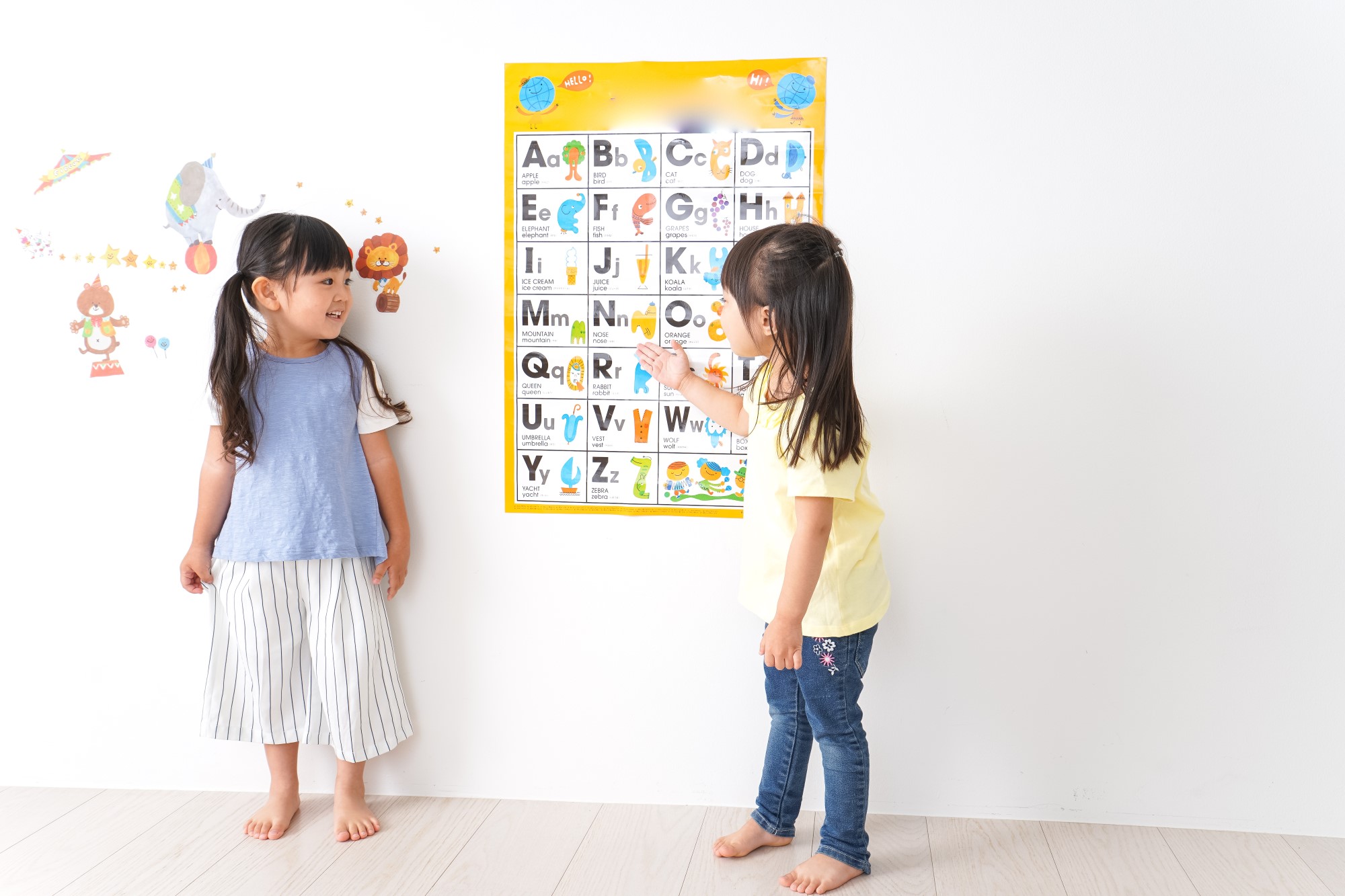
- Blending sounds – blend these sounds together “d” “o” “g” into “dog”
- Segmenting sounds – separate “dog” into phonemes “d” “o” “g” or “rainbow” into syllables “rain” “bow”
- Adding sounds – add “s” to the end of “dog”
- Deleting sounds – say “dog” without “d” or delete the rim by saying “pencil” without “cil”
- Isolating sounds – identify the first sound you hear in “cup” or last sound you hear in “dog”
- Blending onset and rime – identify what sound gets created if we put “ch” and “in” together
- Matching phonemes – what is another word that starts with the same sound as “lap”
- Substituting sounds – what word is made when we change the “d” to “l” in “dog”
What is the right age and how to best start learning phonics?
Typically, by 24 months, a child is ready to start manipulating sounds. A parent can help kickstart phonics abilities by exposing a child to various songs and rhymes, particularly those that teach alphabet sounds. While singing the song, it is advisable to also show flashcards or pictures of the alphabet so the child starts to recognize the letter. Once a child has memorized the sounds of the alphabet, they can move on to words.
By the time a child is 3.5 to 4.5 years, they are usually able to read 3 letter words often in the form of consonant, vowel, consonant (CVC). A child should still be shown a picture or flashcard associated with the words so that a child can identify the meaning and the look of the word.
Once 3 letter words are mastered, a child is able to progress to 4 letter words, usually in the form of consonant, vowel, consonant, consonant (CVCC) and so on. However, it is at this stage there are all sorts of additional rules to master such as the silent “e” at the end of a word and the changes to sound that occur when two vowels are adjacent to each other. As a result, 4 letter words are usually not mastered until at least the age of 5.
Given the necessity of patience, the importance of practice and skills required to turn these activities into fun games involving rhymes, songs and stories, it is strongly recommended to seek the assistance of professional phonics centres to ensure your child is set on the right path for language development and literacy.
Understanding whether your child’s language development is on track

Gauge whether your child’s oral language development and early literacy skills are on track by having them take a KnowYourChildTM pre-primary tool (for 3-6 year olds). Parents receive a detailed report that breaks language development and literacy down into around 8 skills each (subdomains), outlines if your child’s assessed age for each skill is above or below their actual age and makes activity recommendations to address any areas of weakness.
Professional phonics courses
The Bizibuz platform offers phonics courses through the following high quality education centre partners:
Kids’ Gallery
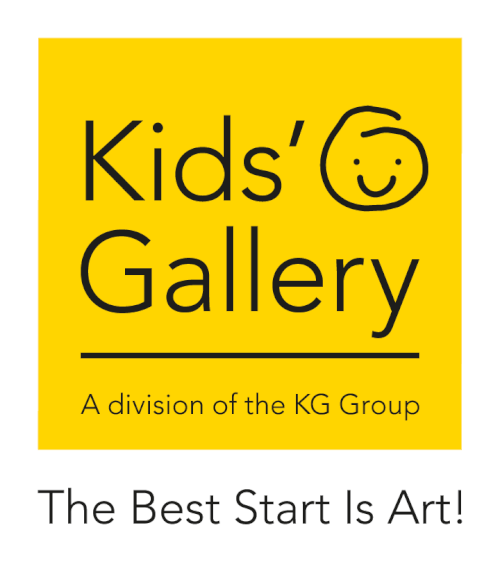
Kids’ Gallery is one of the most established extracurricular education centres in Hong Kong and is well known for its high quality native English speaking teachers. The centre caters for 1-12 year olds, offering a broad range of visual arts, performing arts and early childhood courses.
BookStartTM (12m - 2 years) aims to stimulate a love of words and books to provide the ideal start to future learning. Give your toddler the best introduction to storybooks and developing imagination, as they explore stories from popular children's literature through art, role play, singing, and games, learn about the world around us.
Native Nurture English Education Centre
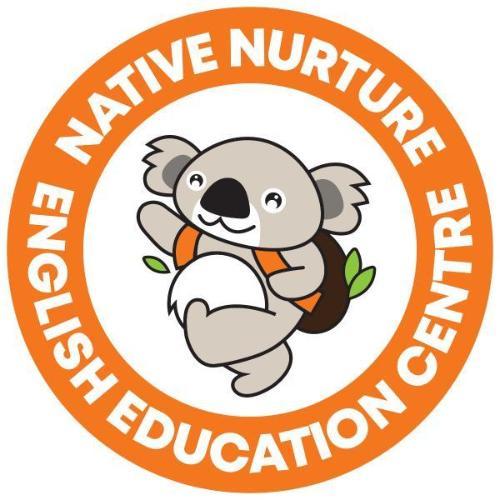
Native English Learning Centre specializes in teaching early learners from 2 years of age through to high school students. They have a wide range of courses and programs available from the world’s best book publishers, with the latest teaching tools, carefully selected to suit your child’s needs.
Phonics classes at Native Nurture (2-6 years) use Letterland curriculum to teach phonics by using a story-based approach. The story engages the students leading to learning retention of concepts. Letterland is wonderfully and multi-sensory. It activates every learning channel through music, actions, alliteration, movement, songs, art, games, and role-play.
For Stage 1-4: Book course
Star English
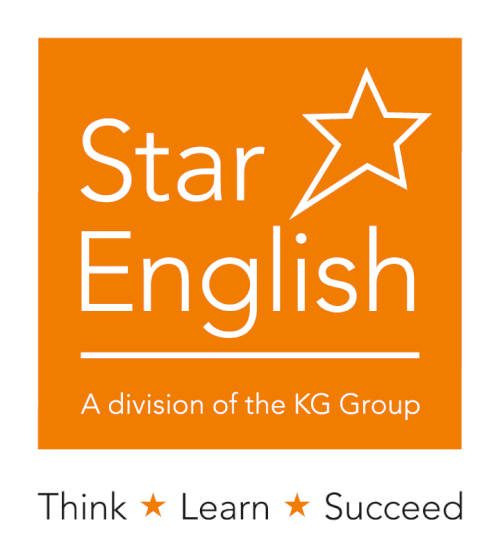
Star English uses the 5 Point Star CurriculumTM to ensure students’ progress through defined levels to achieve advanced learning goals appropriate for each individual. Each curriculum level enriches content taught at regular schools, and our professional and qualified team of native English-speaking teachers ensure that students go far beyond rote learning and become highly skilled and effective learners.
Phonics Foundation (3-5 years) facilitates the decoding of sounds and letters, and builds a solid foundation for reading, writing and correct English pronunciation.
Cambridge Starter (4-6 years) helps prepare students for future Cambridge English exams.
Cambridge Movers (4-6 years) allows student the opportunity to showcase their skills in accredited exams. Star English maintains a 100% pass rate with high levels of Distinction and top marks. These exams demonstrate achievement and are a useful addition to students’ portfolios.
Trinity Spoken English (4-7 years) also allows student the opportunity to showcase their skills in accredited exams. Star English maintains a 100% pass rate with high levels of Distinction and top marks.
Ready to Write (4-6 years) teaches children the necessary skills for persuasive and accurate factual and creative writing in 3 different stages to cater for different age groups.
Reading for Meaning (7-9 years) ensures children progress from the first steps in learning to read to develop the ability to learn and apply techniques in all areas of reading, through decoding and full comprehension of information.
Any class discount available at Star English?
Buy 2 or more courses at checkout and receive 12.5% off all Star English course purchases.
Seed Learning
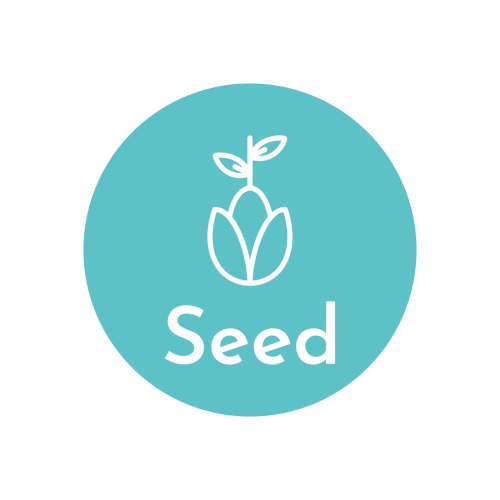
The teaching team at Seed believes that successful learning goes beyond just textbooks and acing exams. They want to nurture the heart, passion, and treat them as important as academic learning. They don’t just teach children the correct fundamentals of English, also strategies required to work smarter and not harder.
Cambridge Starter (4-6 years) helps your child get ready for P1 admissions. Lessons will be conducted via Zoom with an experienced native English teacher. Seed Learning has helped over 30 students get 15 shields (the highest mark possible) on their exam results while boasting a 100% strike rate to date. Exam focuses - Listening - Reading - Writing (short answers) - Speaking (answers in full sentences).
Cambridge Movers (5-7 years) ensures your child will communicate well in real-life situations in English and create a positive attitude towards language tests. Also produces results which can be used to boost your child’s portfolio.
Trinity GESE English exams (4-7 years) help your child get ready for P1 admissions. Online group lessons (maximum 5 children per group) are available. Lessons will be conducted via Zoom with an experienced native English teacher. Seed Learning has helped over 20 students get a distinction on their exam results while boasting a 100% strike rate to date. Exam focuses performance and conversational speaking.



